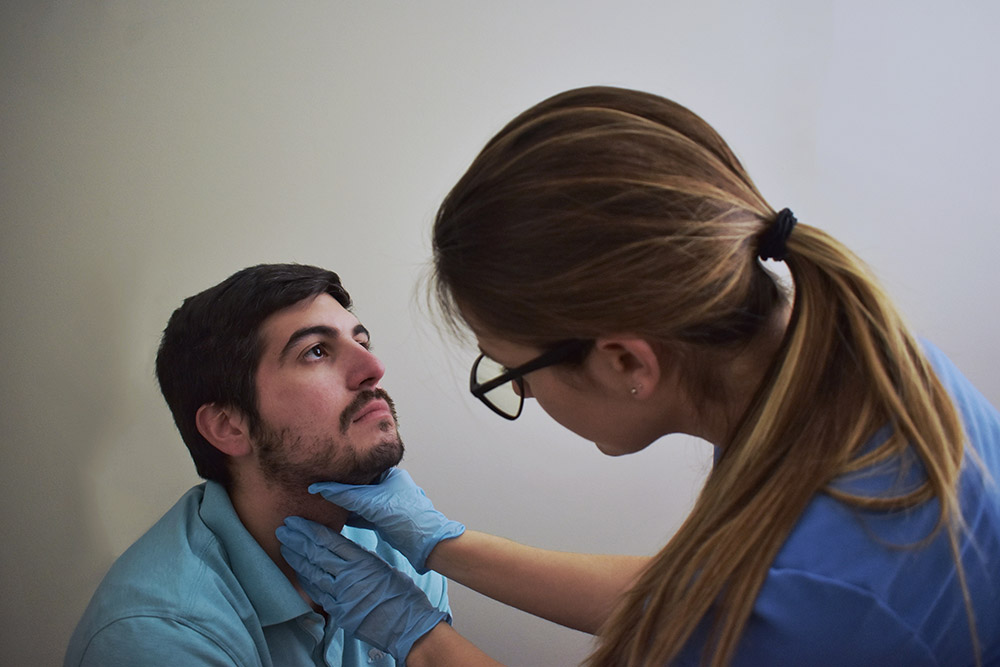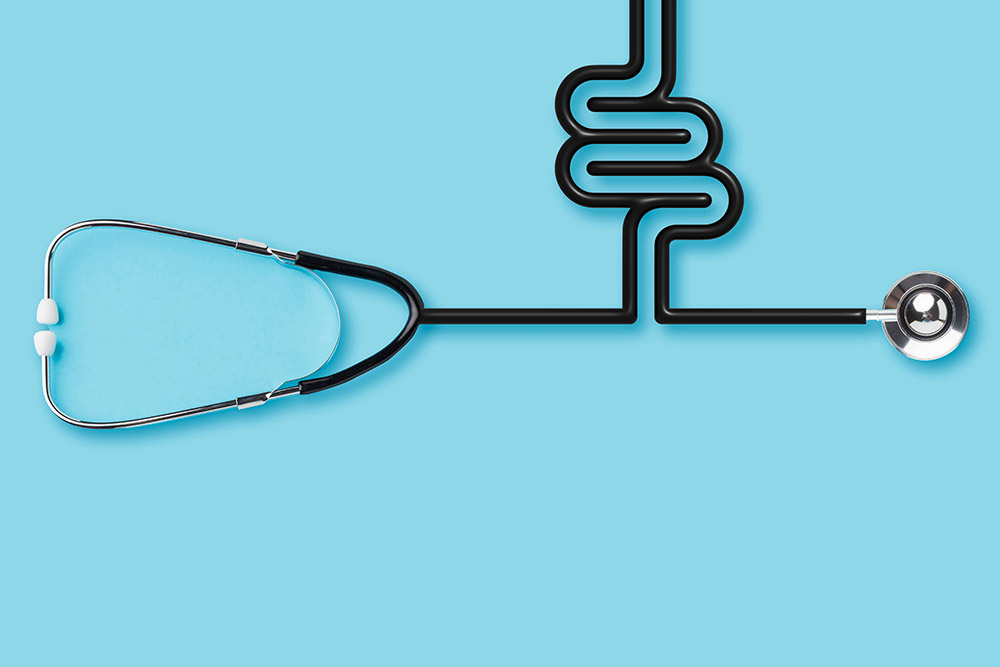How Dr. Rishi Diagnoses Irritable Bowel Syndrome with Diarrhea?
1. Symptom Review & Medical History
Dr. Chadha begins by discussing your pattern of loose stools, abdominal pain, bloating and any food or stress-related triggers. He'll review your personal and family history to spot risk factors.
2. Blood & Stool Tests
Simple blood work and stool analysis help rule out infections, inflammation, celiac disease and other conditions that can mimic IBS-D.
3. Breath Tests
Breath testing evaluates for small intestinal bacterial overgrowth (SIBO) or sugar intolerances (lactose, fructose) that may be driving your diarrhea.
4. Colonoscopy (If Indicated)
When warning signs appear or you're over age 45, Dr. Chadha may recommend a colonoscopy to exclude inflammatory bowel disease, microscopic colitis or other GI disorders.
5. Personalized Explanation & Next Steps
Every finding is reviewed in plain language. Together you'll outline a tailored plan-diet, lifestyle, testing or procedures-to get your symptoms under control.
Frequently Asked Questions
What causes IBS-D?
Stress, food triggers, past infections, and sensitive gut nerves are common causes.
Can diet help with IBS-D?
Yes. Many patients improve on a low-FODMAP or customized diet plan.
What makes IBS-D worse?
Fatty or greasy foods, caffeine, dairy, alcohol, and stress can all trigger flare-ups.
How long does IBS-D last?
Symptoms can come and go. Flares may last from a few days to several weeks.
Is treatment covered by insurance?
Most plans cover tests, office visits, and basic care. We can help verify your benefits.
What foods should I avoid?
Limit fried foods, alcohol, onions, garlic, beans, and other gas-forming items.
Does stress make IBS-D worse?
Yes. Stress and anxiety can heighten gut activity and lead to more frequent episodes.
Do probiotics work?
Certain probiotic strains may help. Dr. Chadha can recommend the best options for you.
Will I need a colonoscopy?
Only if you're over 45 or if there are warning signs-Dr. Chadha will advise if needed.
How soon will I feel better?
Most patients notice improvement within 2-4 weeks of starting treatment and diet adjustments.











